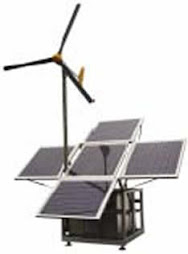Preparing for the Water-related Impacts of Climate Change in American Cities
Cities across the United States should anticipate significant water-related vulnerabilities based on current carbon emission trends because of climate change, ranging from water shortages to more intense storms and floods to sea level rise. To help cities become more resilient to the rising threats of climate change, NRDC reviewed more than 75 scientific studies and other reports to summarize the water-related vulnerabilities in 12 cities across the United States. Although there may still be some uncertainty about what particular impacts threaten cities and how quickly or severely they might occur, action at the local level is the most effective method of reducing, mitigating, and preventing the negative effects of water-related climate change outlined in this fact sheet. NRDC urges cities to prepare for coming challenges relating to water resources. Fortunately, there are steps cities are already taking to become more resilient.
Chart showing impact of climate change on USA cities' water supply:

NRDC compiled local and regional research on the water-related impacts facing 12 U.S. cities due to climate change. The slideshow and map of USA water vulnerabilities offer snapshots of some of those threats. More information about each chart and figure is available in each corresponding chapter. Note: if a particular impact is not included in our summary charts, it does not necessarily mean that city is not vulnerable to that impact. Rather, it means that we did not find well-documented local research or data studying or making a determination about that change or impact.





